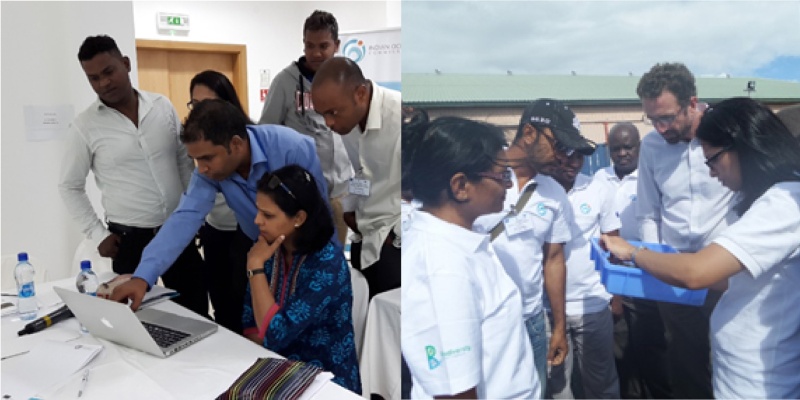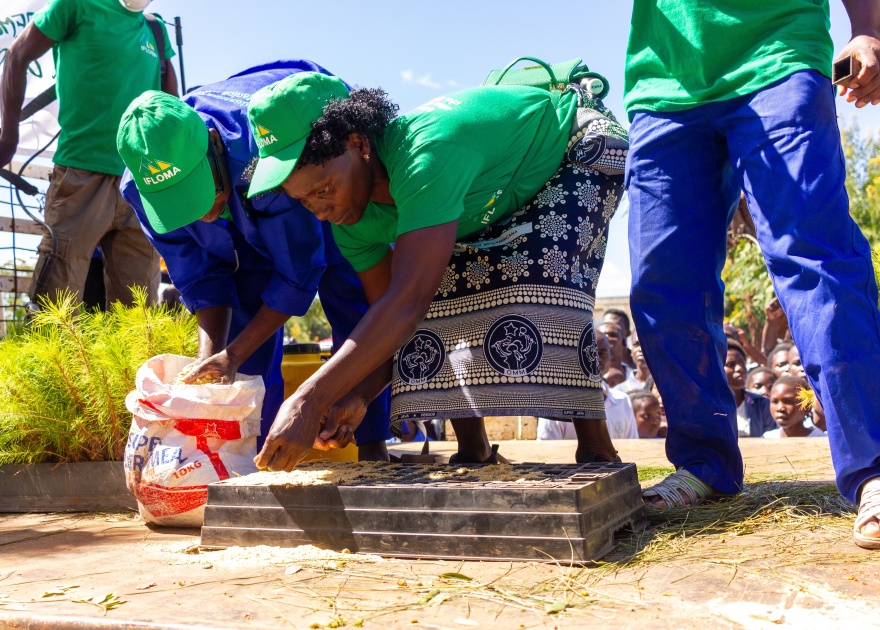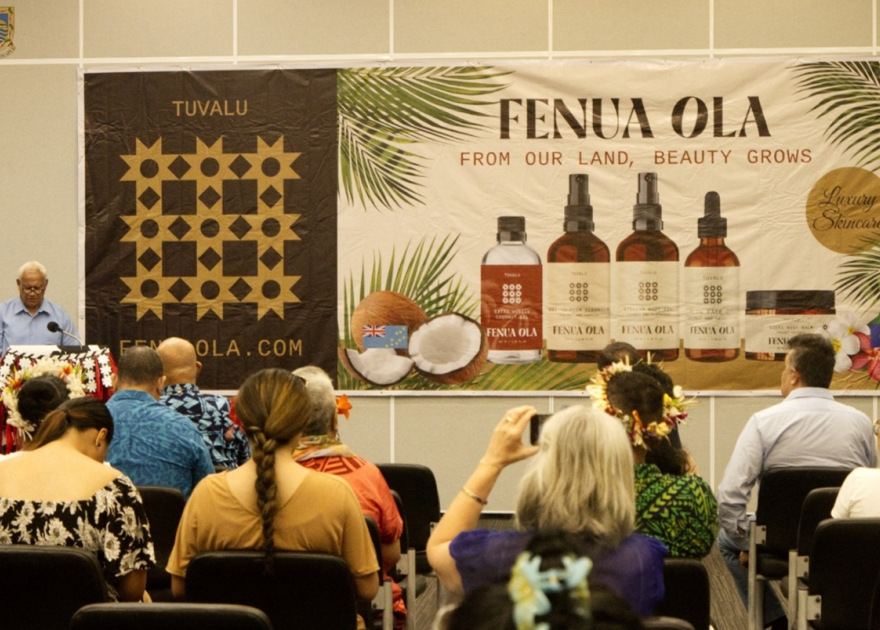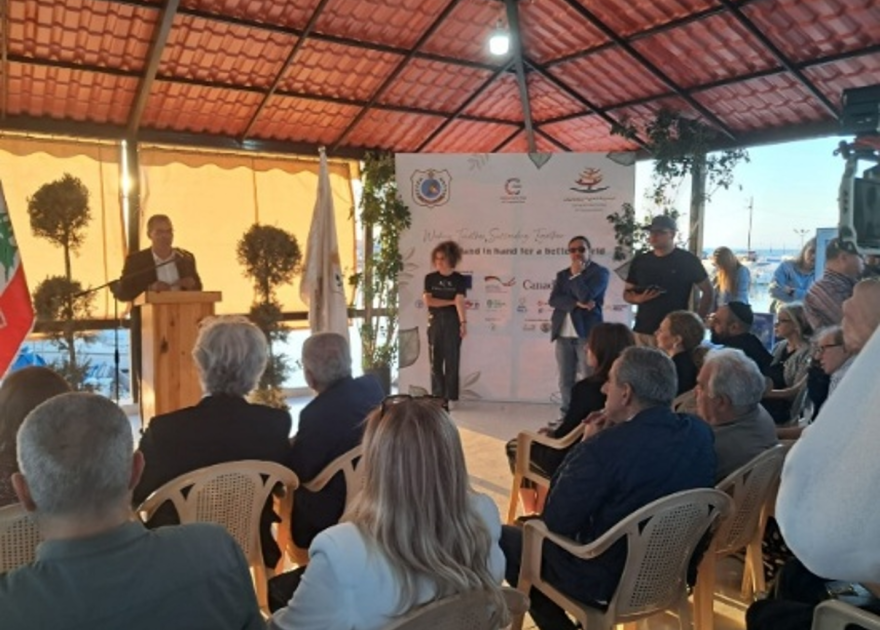Western Indian Ocean regional port authorities trained on survey scoping and planning
Invasive alien marine species threaten biodiversity, marine industries and human health, impacting significantly on costal and island economies. They can cost millions, sometimes billions, of dollars in repair and eradication efforts.
These unwelcome guests travel long distances, hidden in ballast water or stuck to ships' hulls. In the South-Western Indian Ocean region, the Mauritius Oceanography Institute (MOI) is implementing a research project to determine the risks caused by the discharge of ballast water in Mauritius and propose measures to minimise the introduction of alien species through shipping activities.
The Landell-Mills-managed IOC Biodiversity Project and MOI recently organised a regional workshop on MIS survey scoping and planning. Mr Adnan Awad, an internationally recognised expert in the field of marine invasive species, led the training. The workshop was organised in partnership with the Ministry of Ocean Economy, Marine Resources, Fisheries, Shipping and Outer Islands and with the scientific collaboration and backup of the Mauritius Oceanography Institute.
Representatives of the port authorities and marine sciences institutions from the six biodiversity beneficiary countries (Comoros, Kenya, Madagascar, Mauritius, Seychelles and Tanzania) met at the MOI, Albion, for two days of intensive training followed by a field visit to Port Louis harbour. The workshop aimed to equip stakeholders with the methodological tools needed to plan and undertake surveys.
The survey process includes carrying out baseline survey to establish species count and ongoing monitoring to assess increases in growth, damage levels and/or the introduction of any new species.
Although ports are the main gateways for invasive species, and the primary focus of the training, the methods also apply to other marine and coastal environments, such as marinas. The next step in the training programme will be the implementation of a pilot-survey in one of the participating countries, which is planned for the second half of the year.
An information brochure to raise awareness of the impact of marine invasive species is also being produced.
Find out more:



